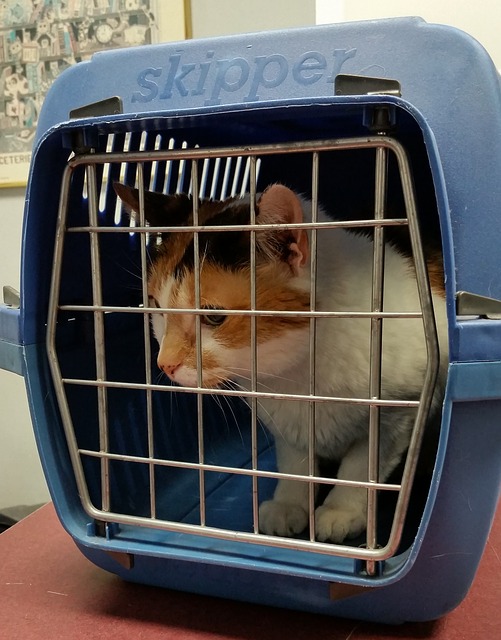
The Department of Transportation (DOT) has just released new guidelines on enforcement for rules concerning emotional support animal on air flights. The DOT has produced a document entitled “Guidance on Nondiscrimination on the Basis of Disability in Air Travel”. This was created after about 4,500 public comments, and is designed to be inline with current policies. Here are some of the highlights:
Exotic species can be acceptable support animals. The airlines can deny transport only to certain unusual species of service animals, think spiders, reptiles, rodents. The DOT will take enforcement of these rules on a case by case basis against airlines that fail to transport other species as service animals, but will focus on ensuring that dogs, cats, and miniature horses – the most common animals- are accepted.
Passengers can be required to take additional steps. Owners with animals that are label either psychiatric or emotional support animals may be required to provide advance notice of intention to travel to the airline; appear in person to verify that an animal can be transported safely; and check in 1 hour earlier than the general public. Airlines cannot force passengers to use airline specific forms or require medical professional to fill them out, any valid form or letter will do. These rules do not apply to traditional service animals.
Health and safety must be documented. Airlines can require passengers to present documentation 48 hours before a flight showing proof of vaccination, training or behavior. Specific breed bans are prohibited, but airlines are permitted to find that any specific animal poses a direct threat based on behavior.
Containment must be reasonable. The DOT will look at case by case complaints and focus on “reasonableness”, when evaluating the use of leashes and tethers that an airline may require.
And the number is 3. The DOT says it will focus on ensuring that airlines allow passengers to travel with 1 emotional support animal and as many as 3 service animals. The airlines can not limit the number of passengers that have support animals on a flight.
In general animals must be older than 4 months, can not be restricted by weight, and may be allowed on long flights (>8 hours) as long as they can relieve themselves in a sanitary manner.
These guidelines are designed to explain how the DOT will enforce current laws and policies regarding emotional support animal travel and may be altered at any time.
